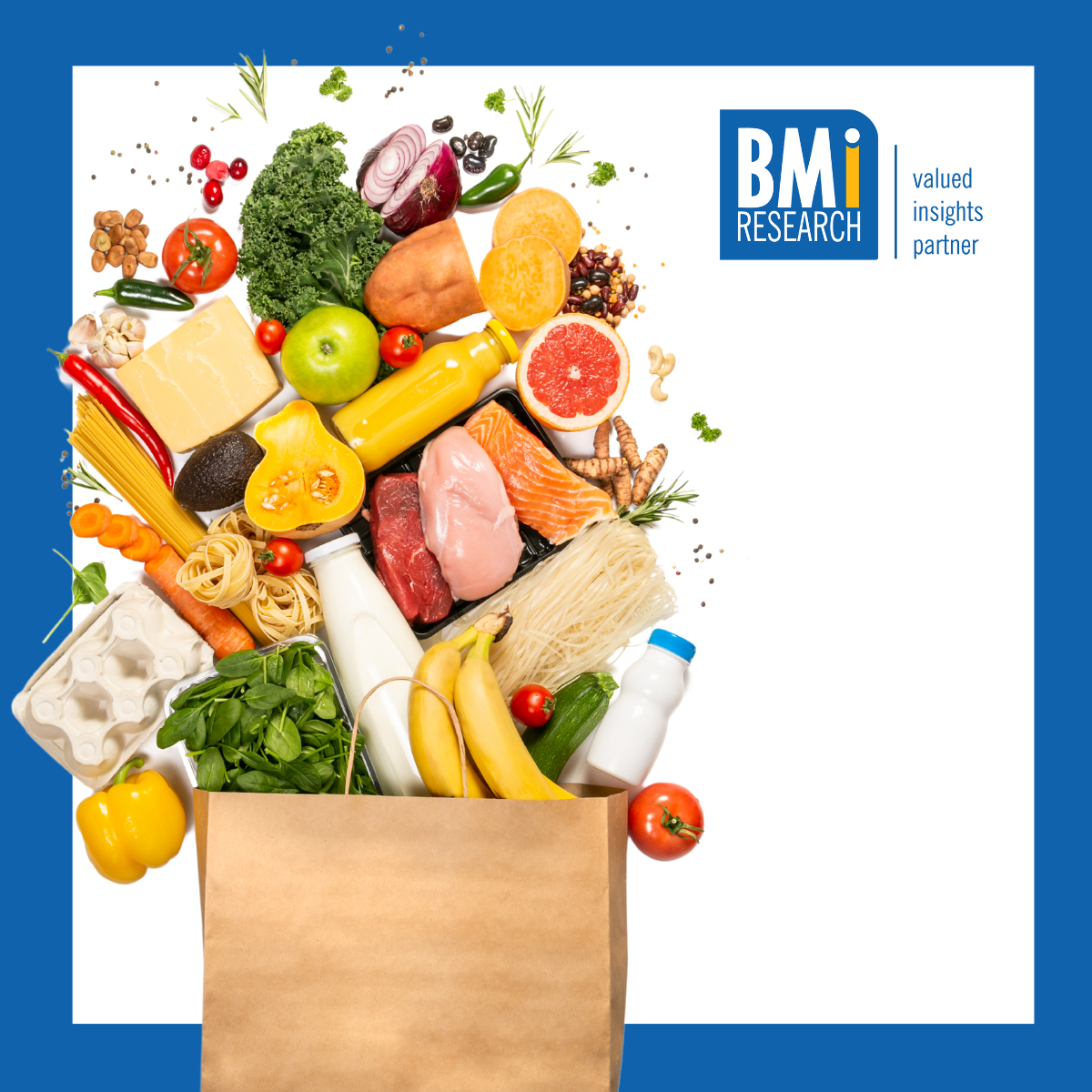
BMi Research assesses the impact of loadshedding on meals
How is loadshedding affecting South Africans’ eating behaviours and their meal choices? This is the question BMi Research is asking in its thought-provoking new survey that attempts to understand one of the more significant personal impacts of South Africa’s power crisis.
“We want to test the hypothesis that people are changing their eating habits and the types of food they choose as a result of both the inconsistent power supply and the reduced disposable income that are collectively taking a toll on South African consumers,” says Jenni-Ruth Coggin, CEO of BMi Research.
To get to grips with the scope of this impact, the BMi Research team, in collaboration with Spark Media, is surveying 100 different people every day for a month. They will be tracking the ‘what, where, when and how’ of consumers’ main meals each day. A total of 3 000 interviews will be conducted with South Africans (60% female, 40% male) aged 18+ across all provinces.
The research will yield insights into food choices around loadshedding; food choices through the month; food shopping through the month; preferred cooking methods; how family meals are eaten; consumers’ preference for convenience; and the financial pressure around paying for food.
“We expect to find that eating patterns have been affected by loadshedding and the prevailing economic conditions. We think we will see people shifting to different types of food that does not require power, or food that can be easily prepared using alternative sources of power, such as gas or fire. We also hypothesise that eating patterns have shifted to lower priced food, and that only essential items are making their way into baskets, not ‘nice to haves’,” Coggin adds.
The research is currently underway, with the findings due for release in early October 2023.
For further information contact Jenni-Ruth Coggin on (011) 615-7000 or email [email protected]

